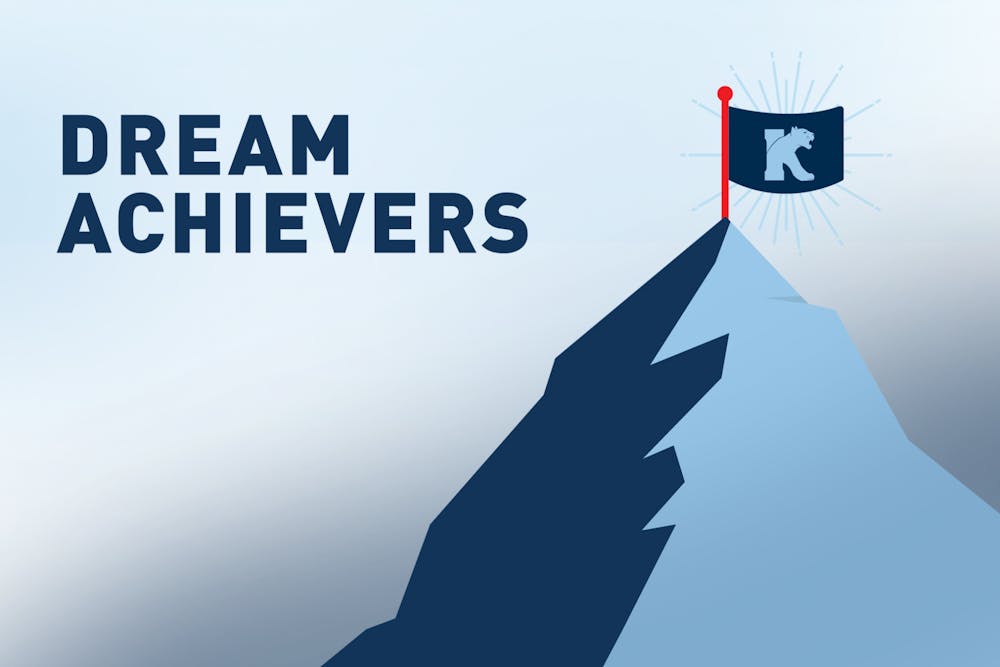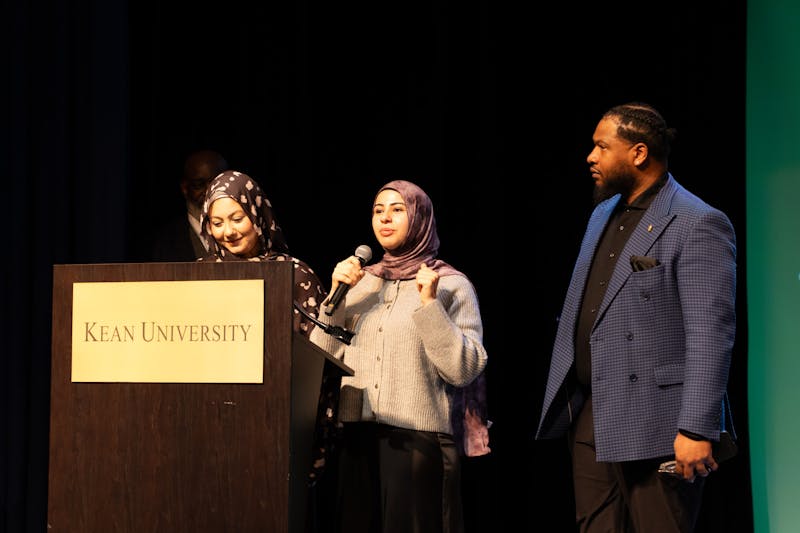Student Organization presented their Goal Setting Workshop on Monday, July 13 through Zoom. The workshop was presented by social worker of First Step Counseling Services, Carli Hench.
The event included small group discussions and practical life skills for setting goals. Hench's presentation began with a guided meditation to help students visualize their vision for their life. She noted that meditation can be an important practice in order to frequently reassess goals and actions.
Students were then asked to jot down five goals that came to mind. Goals ranged from personal, professional and academic areas for each student. Hench then explained how to transform these vague goals into "SMART" goals.
SMART is an acronym that stands for: Specific, Measurable, Attainable, Relevant and Time-Based. By assessing one's goals and transforming them into SMART goals, people can ensure that they have a well devised direction to follow in order to attain their goals. Students can turn any goal into a SMART goal by adjusting the concept of that goal to meet the criteria of the tool. Attendees were then invited to utilize this tool to tweak their five goal statements into SMART goals, which led to more thorough goals.
Hench helped students to further actualize their goals into more concrete steps by introducing the Eisenhower Matrix. The Eisenhower Matrix is a diagram tool that helps to prioritize tasks in order of urgency and importance. It is a sorting tool that can be incredibly useful in organizing thoughts into the most appropriate actions in one's life.
The Eisenhower Matrix includes four quadrants with the categories:
- Urgent-Important
- Urgent-Not Important
- Important-Not Urgent
- Not Important-Not Urgent
Using this sorting tool, one can figure out which tasks are long-term or short-term, as well as most to least important. This helps to conceptualize strategic, future-thinking steps.
Hench took the goal setting workshop one step further by discussing obstacles that may stop oneself from achieving their goals, despite all the tools she presented. She warned against "limited thinking," which is when someone poses an obstacle to themselves by being unnecessarily anxious, doubtful, or dejected about their prospects or capabilities. This can hinder a person's confidence and limit them from going after their dreams.
Hench presented some tools that may be helpful in managing these harmful thoughts, which included meditation and grounding techniques. Grounding techniques help challenge these limited thinking patterns. They include listing all the worst and best case scenarios of a situation in order to see the reality of it. Doing so may help recognize the malicious thought processes in order to discontinue the destructive thinking process.
Hench notes that, when one feels overwhelmed, "We always have a choice over what we are going to focus on and what we are going to put our attention on. That's why I wanted to start today's practice with a meditation, to bring the attention going forward, inward and really focus on where we are right now; and you always have that power in you."
For more events such as this, check out Cougar Link.
The resources shared and discussed in this workshop are as follows:
- Eisenhower Matrix:https://www.techtello.com/eisenhower-productivity-matrix/
- SMART Goals: Indeed: https://www.indeed.com/career-advice/career-development/how-to-write-a-smart-goal
- SMART Goals: MindTools: https://www.mindtools.com/pages/article/smart-goals.htm
- Thoughts & Feelings: Taking Control of Your Moods and Your Life: A Workbook of Cognitive Behavioral Techniques by Matthew McKay, Patrick Fanning, and Martha Davis.







